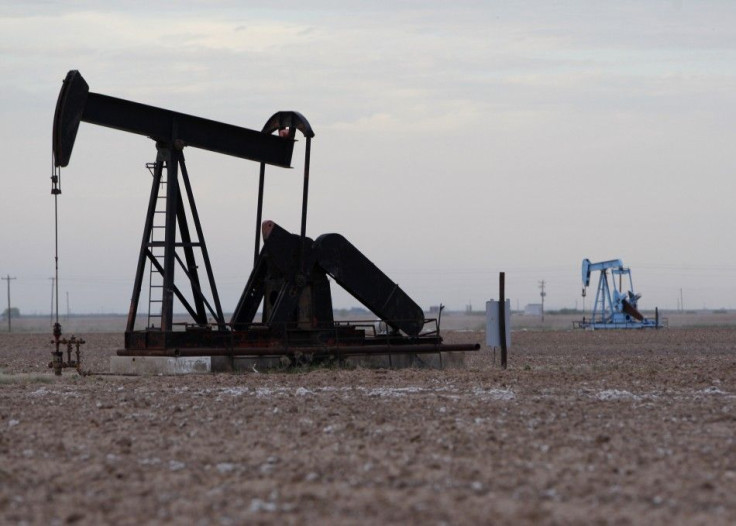Gulf States Producing More Oil Than Ever: US Oil Boom May Not Compromise Gulf States' Importance Or Hold On Global Oil Markets

The Gulf states, led by Saudi Arabia, are producing more oil than ever, showing that despite the U.S. crude oil production boom those Gulf states remain a dominant force in the global oil market, Financial Times reported.
Saudi Arabia, Kuwait, the United Arab Emirates and Qatar, combined, set production records in July, August and September, according to new estimates provided by the International Energy Agency.
Saudi Arabia set a record, producing 10.19 million barrels of oil per day in August, an increase of 10 percent since the start of this year. The UAE also set a record by producing 21.77 million barrels of oil per day in September, an increase of 7 percent since the start of the year. Combined the four countries have produced 16.4 million barrel of oil per day during the third quarter.
“Despite the shale revolution, the Middle East is and will remain the heart of global oil industry for some time to come,” Fatih Birol, the IEA’s chief economist, said.
U.S. oil production has increased 50 percent by 2008 and that rapid increase can be attributed to the extraction of the commodity from shale formations, the Financial Times reported Sunday. Not only is the U.S. producing more crude oil, but they are also extracting natural gas. The U.S. is producing 14 percent more of its own energy now compared with 2005, according to data from the U.S. Energy Information Agency, or EIA.
Thanks to hydraulic fracturing, or fracking, and the ability to drill horizontally, oil and gas production in the U.S. has skyrocketed. Fracking is a drilling technique that blasts millions of gallons of water and chemicals to fracture rock formations deep beneath the surface and release petroleum. The drilling technique has been heavily criticized, and some environmentalists contend that fracking contaminates groundwater.
Gulf states aim to invest profits from their production to maintain spare capacity, which the EIA defines the volume of production that can be brought on within 30 days and sustained for at least 90 days.
This spare capacity has allowed the Gulf States to raise production to offset a number of disruptions across the Middle East and Africa over the past two years.
© Copyright IBTimes 2025. All rights reserved.






















